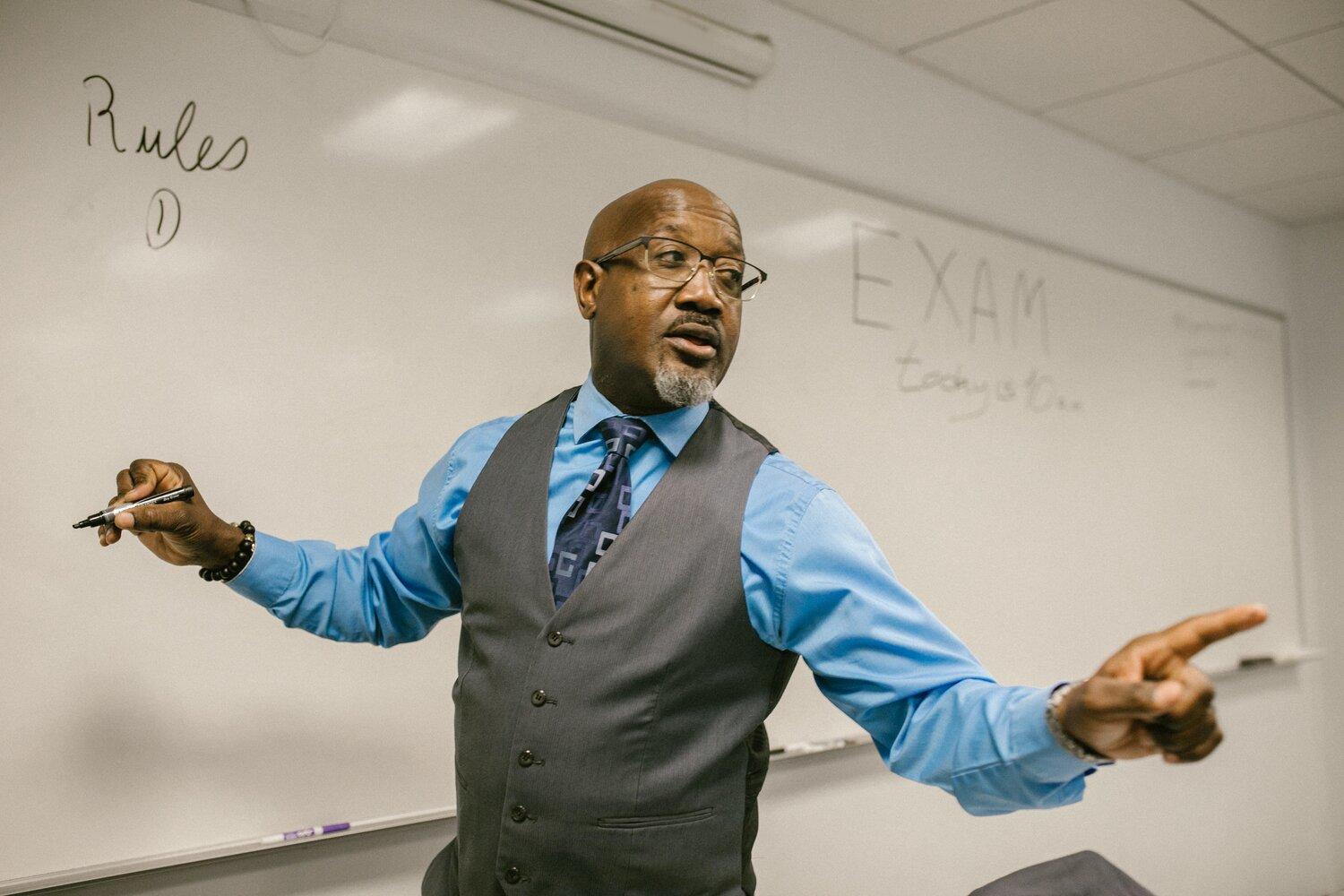If you live in Canada and wish to pursue a career in psychology, you should start by studying to become a professional psychologist; after that, it is also wise to narrow your focus and share your knowledge with a younger generation of learners by becoming a professor.
Psychology is a vast field of study; hence it takes expert knowledge, experience, and the ability to effectively share your knowledge with others to become a qualified professor.
First, however, you must know that psychology is an excellent career path, so if you enjoy academia, you can use your expertise to inspire new learners. This article will show you all you need to know about becoming a psychology professor in Canada.

How can I Become a Psychology Professor a Canada?
Becoming a psychology professor may take time, but it is an exciting journey, and you will enjoy it every step of the way. It takes time because you will need a doctorate in the field you want to specialize in, and you also need to ensure you have a good GPA by working hard and maintaining excellent academic records and performance. A perfect GPA can significantly increase your chance of becoming a successful professor.
In addition, you need the experience to attain a professorship position; you can get teaching experience by working as a lecturer or assistant to other professors. Therefore, with enough expertise and the proper certification, you can easily land a great job in Canada as a professor of psychology.
Here are the detailed steps you need to take to become a professor in psychology, regardless of your specialization.
Get a Bachelor's Degree
The first step when pursuing a psychology degree as a professor is to start by earning a bachelor's degree.
Although you may not necessarily need a degree in psychology itself because a degree in related fields can also be helpful, it will, however, be wise to get a bachelor's degree in psychology than in any other area because students with a strong background in psychology tend to do well and learn faster in psychology than those from different fields.

In addition, some schools require a certain amount of study hours in statistics, psychology, and math before considering a candidate qualified.
While earning your bachelor's degree in psychology or related fields, you should do your best to maintain a good garde point average because psychology requires proficiency in mathematics, writing, laboratory research, and the like. So as a student, you must maintain a good GPA in these areas to progress faster.
Get a Master's Degree
If you are interested in teaching psychology at the college level, most schools will require a master's degree; the degree usually takes two years and entails an in-depth study of psychology and a short period of teaching practicum, such as a teaching assistant job.
A master's degree is beneficial because it can place you at an advantage in the competitive job market and increase your possibility of earning a higher salary.
Attain a Ph.D. in Psychology
Some learners stop at the master's degree level because it is sufficient for them to get a handful of college teaching jobs. However, it is best and more profitable also to have a Ph.D. for a tenure-track position at a well-established four-year university.
While some Ph.D. require a master's degree as a prerequisite, there are still opportunities to earn a Ph.D. without first attaining a master's. In most cases, students can directly choose a specialization and finish the needed coursework in their chosen field. Next, you must pass a written comprehensive examination, and you will prepare a research project or thesis to establish your expertise for an official Ph.D. job.
Lastly, you will need to take a second written exam in your area of specialization and get an approved dissertation proposal.
Gain Relevant Experience
Another essential aspect of becoming a professor in Canada is gaining relevant teaching experience. Fortunately, most doctorate and master's programs allow you ample time to gain teaching experience. Although time is a vital resource during school and research is often prioritized, those who want to go into academics can still find some time to develop the necessary skill needed to teach effectively in any setting.
If you are interested in social work, this guide may help!

Career Advancement
A tenure track is vital for every professor because it is their path to advancement and academic job stability. It is a process by which an assistant professor advances from an assistant to an associate professor and then to a professor.
See how behavioral scientists help mentally challenged people.
Most psychology professors on the tenure track at four-year universities and colleges must have a Ph.D. and start as an assistant professor before progressing to a full professor status within tenure.
During the term, the other faculty members will assess your friendship with other departments and school professors, your teaching quality, and the number of publications you have made. If you do well in your tenure, you can finally become a psychology professor in Canada.
What does a Psychology Professor do?
Psychology professors in colleges and universities spend most of their time researching and teaching. Here are some job descriptions for a professor in psychology job.
- Design teaching curriculum and course content.
- Teach students in various specializations and academic areas, especially colleges and universities.
- Offer support mentally and otherwise to students on issues regarding their school work.
- Give assignments, assign projects, exams, and tests for students to determine their performance academically.
- Systematically research topics within your field and post articles on different subjects under your specialty.
What Extra Skills do I Need to be a Good Psychology Teacher?
Aside from the knowledge and skills gained while training and studying psychology, you still need to gain additional skills to make you stand out in the crowd and the competition. So here are some of the most vital skills to learn.
Effective Teaching Methods
Whether you want to go into academics as a psychology professor or not, everyone expects you to have a certain level of expertise in the field. However, such expertise would only be appreciated if you effectively teach others what you know. So you must be creative and inspiring and be able to keep students interested; you should also do well to be contemporary and adaptable to current trends.
Strong Communication Skills
Communication skills are one of psychology professors' most critical and much-needed skills. It would be best if you were articulate in verbal, visual, written, and body language clues and could translate concepts into intelligible structures to achieve more excellent information delivery.
Organization Skills
Being organized is a crucial component of becoming a successful professor. As a psychology professor, you must be an excellent organizer to keep track of expectations, deadlines, and tasks. This skill will also go a long way to help your personal life and ensure it doesn't interfere with your professional life.
Expertise in the Subject
Naturally, the significant difference between a psychology bachelor's degree holder and a professor is the level of expertise gained through education and other forms of training. So as a psychology professor, you must be an expert in your field to effectively and accurately pass your knowledge on to others.

Critical Thinking
A psychology professor needs critical thinking skills to analyze, organize and interpret information. This skill is necessary when defining research problems and interpreting results from studies. They may also need this skill to assess patients and develop treatments if they work in a clinical setting.
Best Place for Psychology Learning in Canada
Becoming a psychology professor is not daunting and can take less time when you learn using the right resources and help.
So if you need help to study and become a great psychology professor with excellent academic records, you should come to Superprof and learn from some of the best professionals in your field of interest in psychology.
In no time, you will become a fantastic psychology professor who inspires others learners. See the roadmap for becoming a forensic psychologist in Canada.
Summarize with AI:















